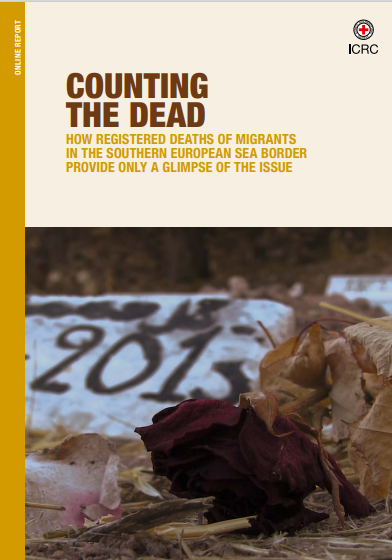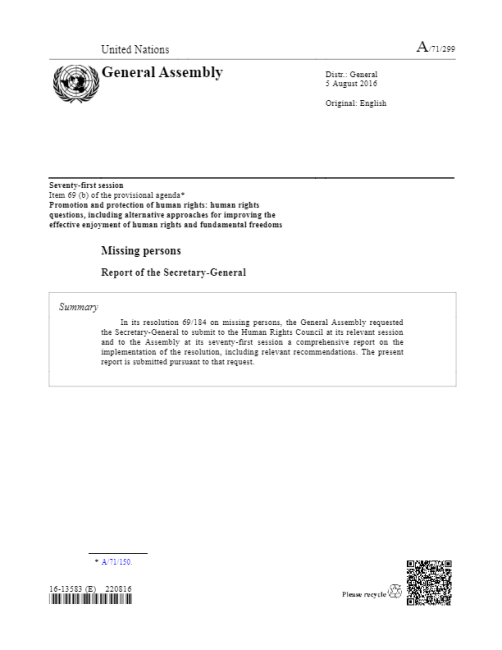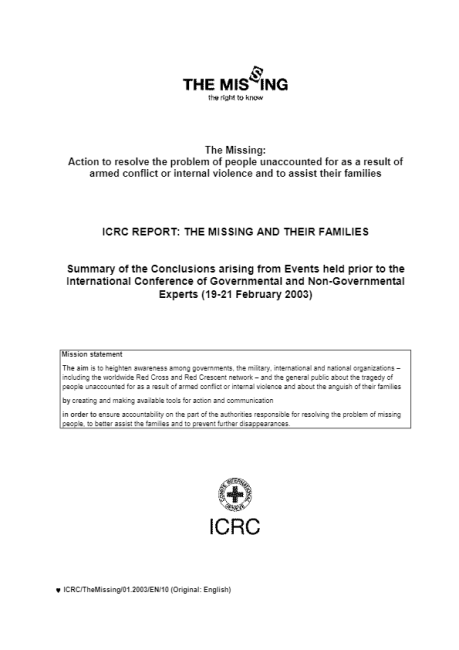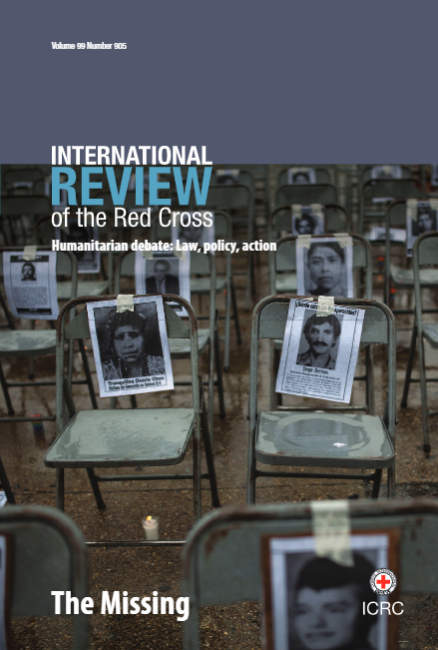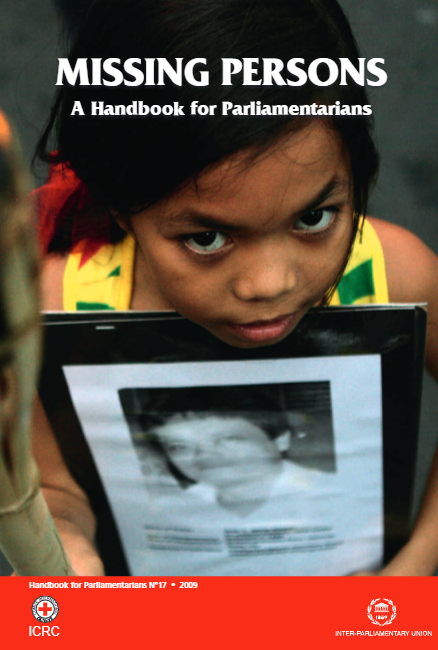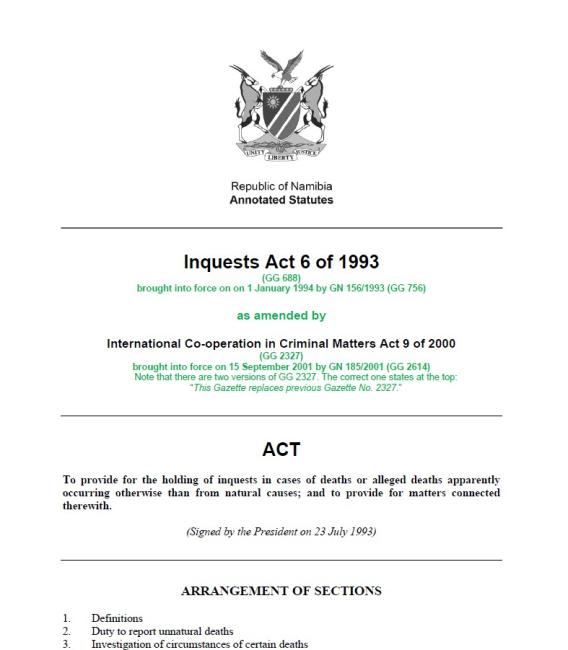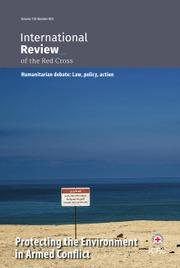
Strengthening the medicolegal system: Fulfilling international law obligations during conflicts and disasters to prevent and resolve issues of humanitarian concern
In times of armed conflict, disasters and violence, people may become separated from their families, go missing or die, or become victims of ill-treatment and sexual violence. Under international humanitarian law, States have obligations to prevent harm and address humanitarian needs. At State level, the medicolegal system is conventionally mandated to address these needs and fulfil related legal obligations. In practice, State responses can sometimes be non-existent, limited by the endemic functionality of existing systems, or degraded by crises of violence, natural disasters and migration. These conditions can, in turn, impede the establishment of peace, reparations, restorative justice efforts and post-conflict reconstruction. This paper explains what a medicolegal system is and the entities that encompass it. The paper highlights the importance of developing clear policies, regulation and procedures that ensure proper functioning of the system. It reviews common gaps and challenges that limit State prevention and response to issues of humanitarian concern. Finally, recommendations when developing and implementing humanitarian programmes to strengthen medicolegal systems are provided, with a particular focus on the content of protection dialogue in diplomatic fora.


